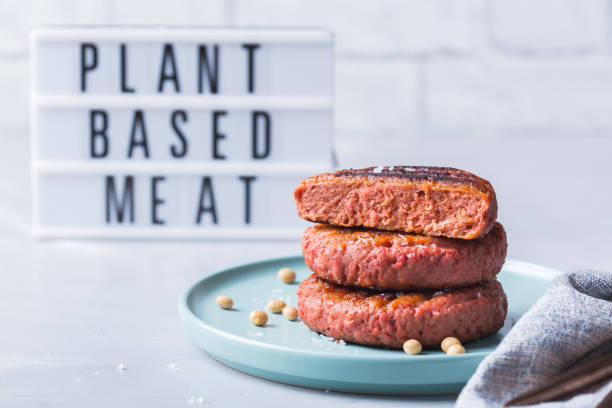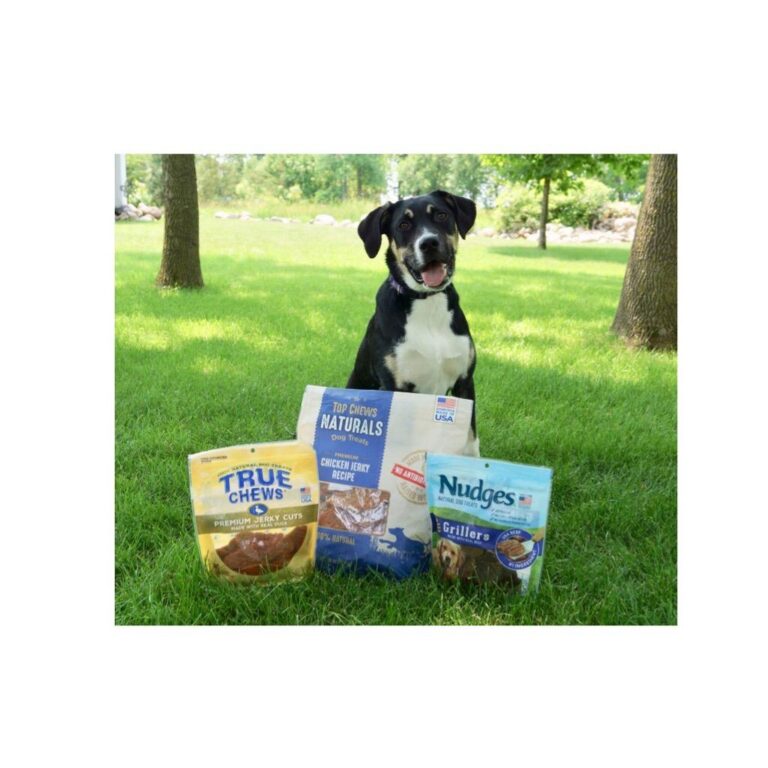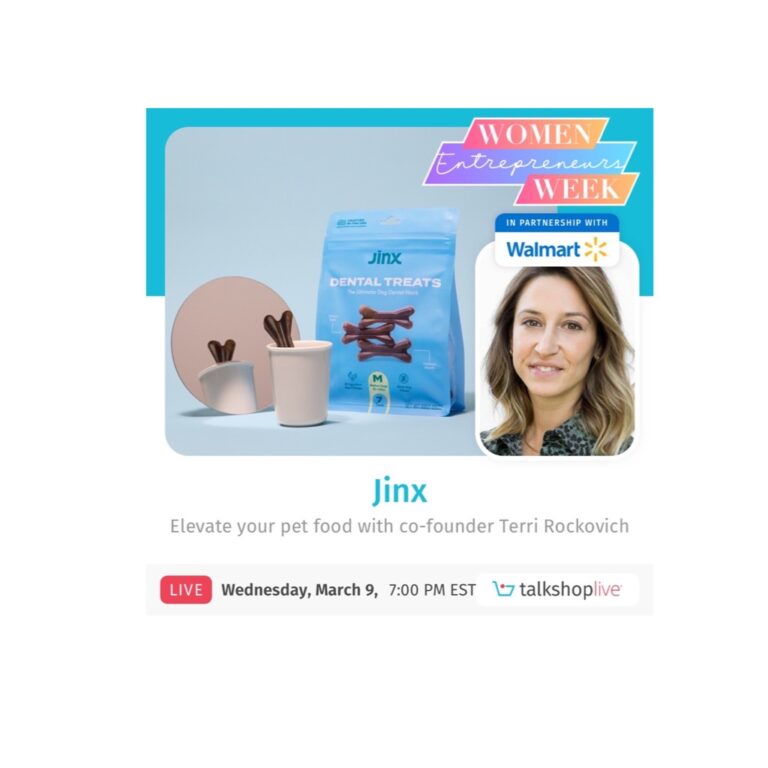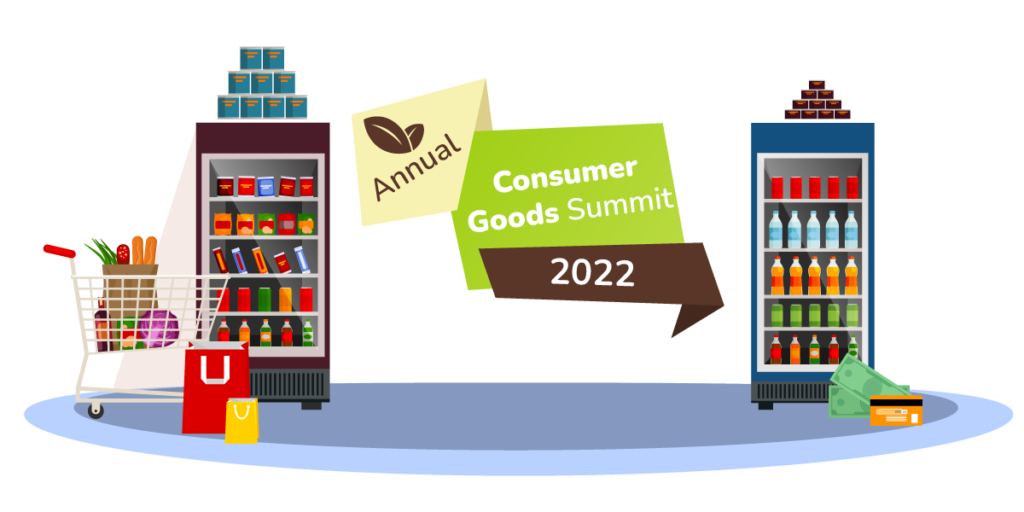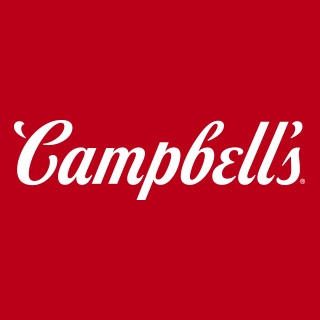
Campbell Soup sets higher nutritious standards for its food range
To set higher wellness and health standards for Campbell’s food range, the brand has updated its nutrition metrics, according to Campbell Soup Co. Corporate Responsibility Report 2022. The updated metrics are set while considering the following three targets 1, reducing negative nutrients. 2, focusing on healthy food. 3, increasing product accessibility and affordability. The report divided the nutritious standards into two categories: “Cannot Exceed” plus “And Must Meet at least 1”. Cannot Exceed category sets limit for negative nutrients like saturated fat, sodium, sugar, and calories. While, the And Must Meet at least 1 category includes positive nutrients like vitamin A, C, and D, fibre, calcium, fruits, and vegetables. The brand has implemented these metrics by launching two newer platforms, including Well Yes! Soups and Campbell V8 Brand. Read more from Bakingbusiness

